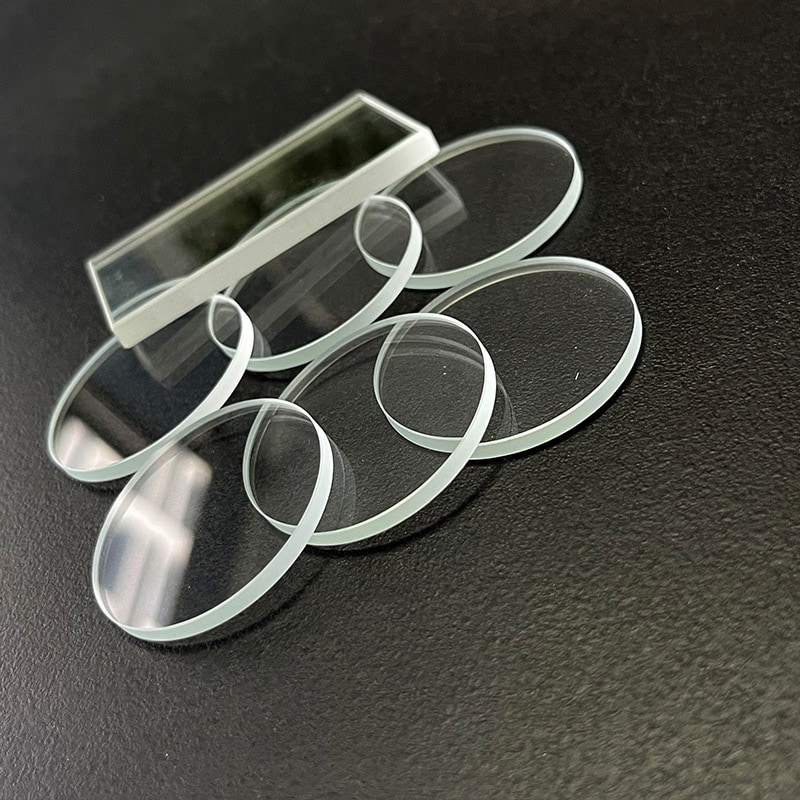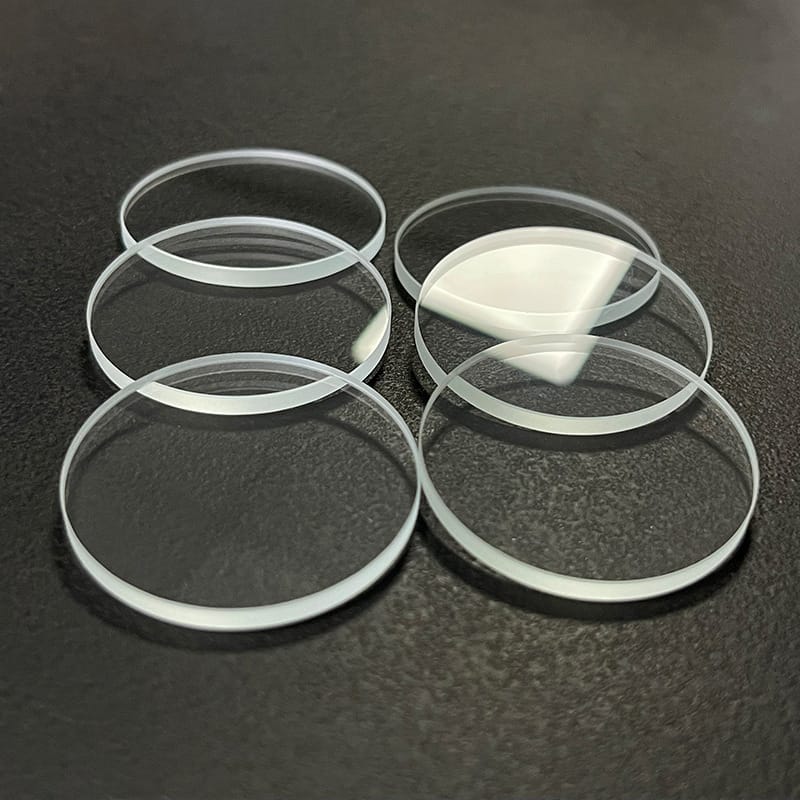Você já se perguntou sobre as desvantagens do vidro safira?
Compreender suas limitações é crucial para tomar decisões informadas sobre seu uso.
Vamos nos aprofundar nas desvantagens do vidro safira e explorar possíveis soluções.
Embora o vidro de safira ofereça muitas vantagens, ele também apresenta diversas desvantagens que podem limitar seu uso em determinadas aplicações.
Algumas das principais desvantagens do vidro safira incluem:

Custo:
O custo de produção do vidro safira é maior em comparação com outros tipos de vidro ou materiais transparentes. O processo de cultivo de cristais de safira sintéticos é complexo e demorado, envolvendo altas temperaturas, equipamentos especializados e controle preciso das condições de crescimento, o que aumenta os custos de produção. Portanto, o vidro safira costuma ser mais caro que o vidro tradicional ou outros materiais transparentes, tornando seu custo-benefício menor em algumas aplicações.
Natureza frágil:
Apesar de sua alta dureza, o vidro safira é relativamente frágil em comparação com materiais como o vidro temperado. Sob certas condições, o vidro de safira está sujeito a fraturas ou quebras, especialmente quando sujeito a impactos ou pressões significativas. Essa fragilidade torna o vidro de safira mais suscetível a danos em aplicações que envolvem altas forças de impacto ou estresse mecânico.
Dificuldade de processamento:
O vidro safira é mais difícil de processar em comparação com outros materiais. É um material cristalino que requer técnicas especializadas de corte, retificação e polimento, que podem ser mais demoradas e caras. Além disso, o vidro safira é difícil de unir ou unir, o que pode limitar seu uso em aplicações que exigem colagem ou vedação.
Tamanho e espessura limitados:
Devido aos desafios no cultivo de cristais de safira grandes e grossos, o tamanho e a espessura do vidro de safira são relativamente limitados. Comparado ao vidro tradicional, o vidro safira normalmente tem dimensões menores e espessuras mais finas, o que pode não ser adequado para algumas aplicações que exigem componentes de vidro maiores ou mais espessos.

Peso:
O vidro safira tem uma densidade maior que o vidro tradicional, o que significa que pode ser mais pesado para um determinado tamanho e espessura. Isto pode ser uma desvantagem em aplicações sensíveis ao peso ou ao projetar dispositivos leves, onde o peso do vidro de safira precisa ser considerado.
Produção com uso mais intensivo de energia:
A produção de cristais de safira sintéticos utilizados para vidro de safira requer altas temperaturas e processos que consomem muita energia, o que pode resultar em maior consumo de energia e impacto ambiental em comparação com outros materiais. Isto pode ser uma preocupação para aplicações ou indústrias com considerações ambientais.
Refletância sem revestimento antirreflexo (AR):
O vidro safira tem um índice de refração relativamente alto, o que pode levar a um reflexo significativo em sua superfície sem o revestimento antirreflexo (AR) adequado. Isso pode resultar em reflexos ou brilhos desnecessários em determinadas aplicações, como telas ou lentes ópticas, exigindo revestimentos AR adicionais para mitigar esse problema.
Embora o vidro de safira ofereça muitas vantagens, ele também tem várias desvantagens, incluindo custo mais elevado, fragilidade, dificuldades de processamento, tamanho e espessura limitados, peso, produção com maior consumo de energia e refletância sem revestimento AR. Ao avaliar a adequação do vidro de safira para aplicações específicas, estas limitações precisam ser consideradas, e materiais alternativos podem ser preferidos com base nos requisitos e restrições da aplicação.

